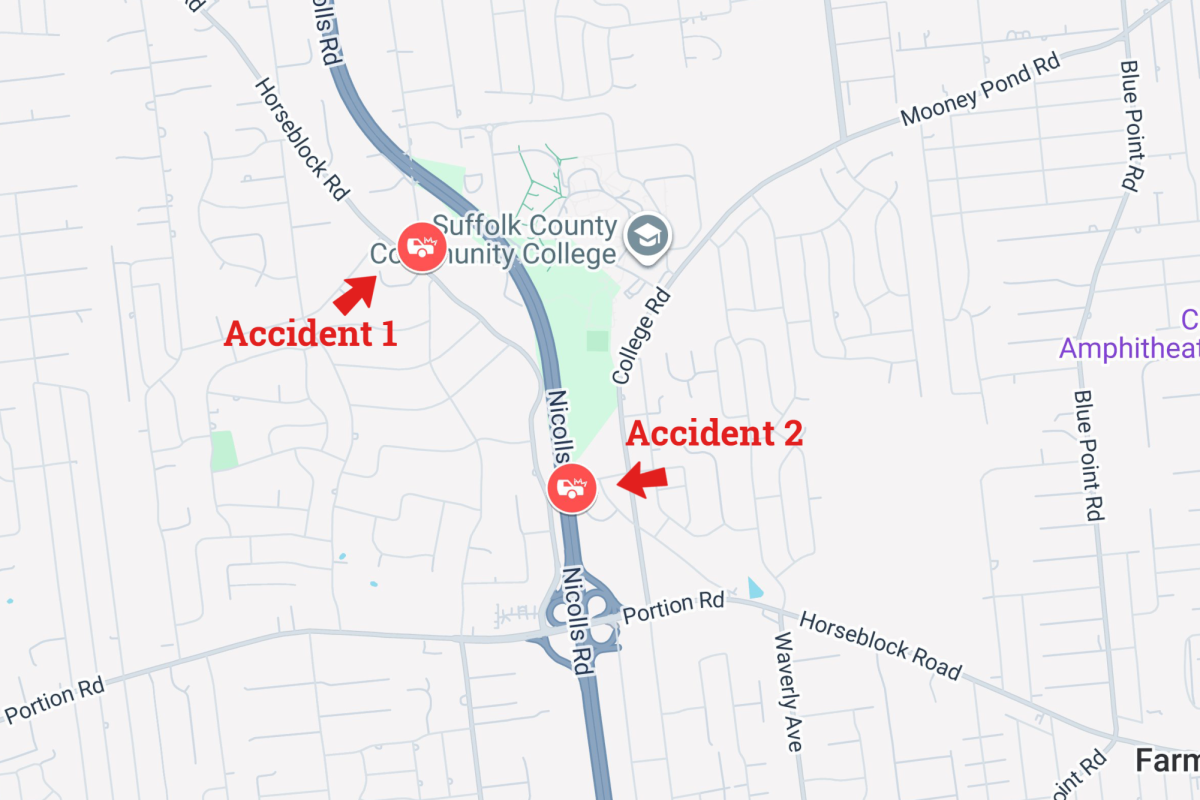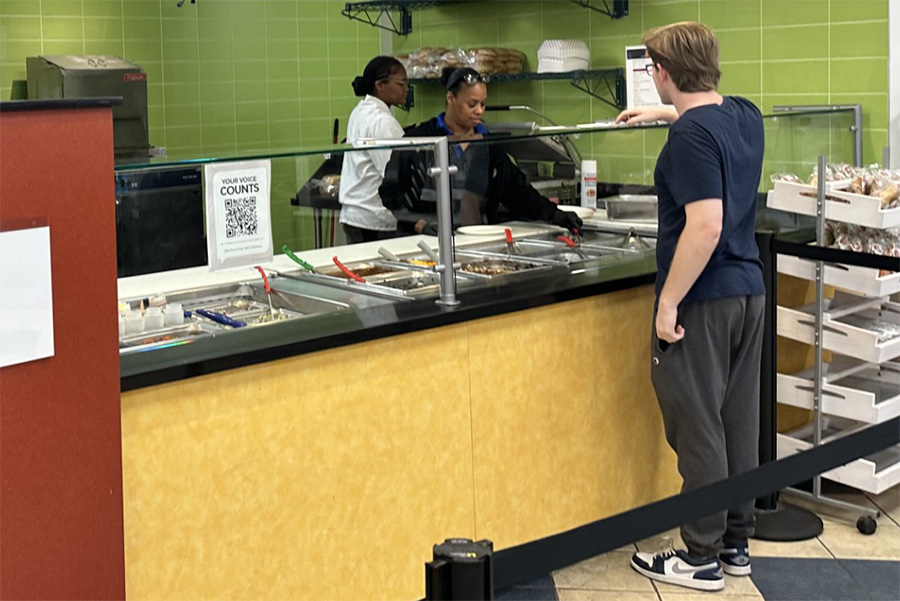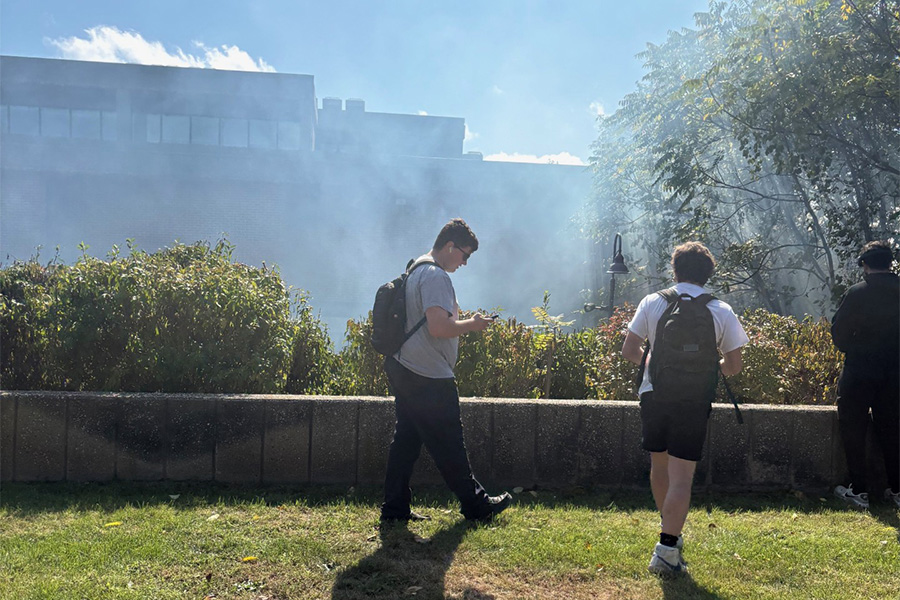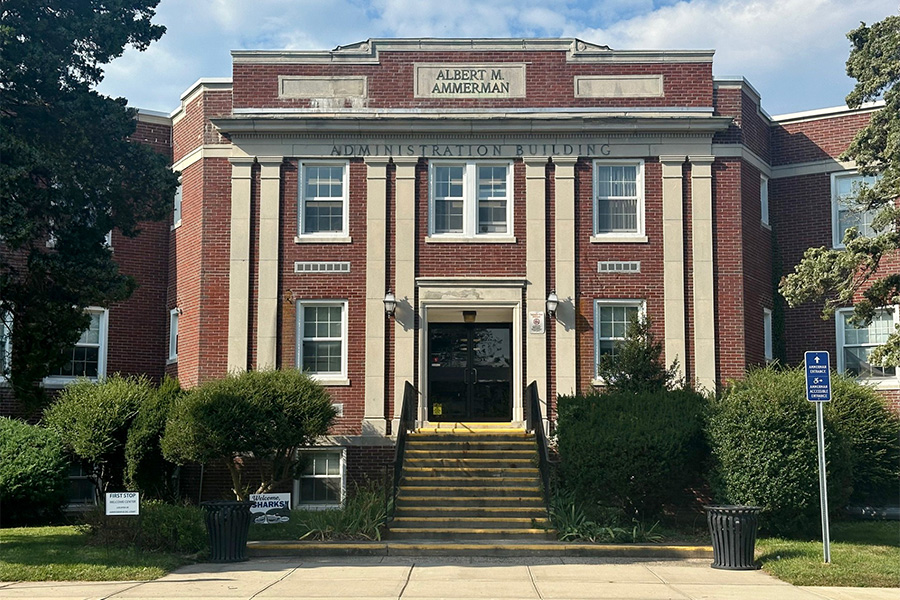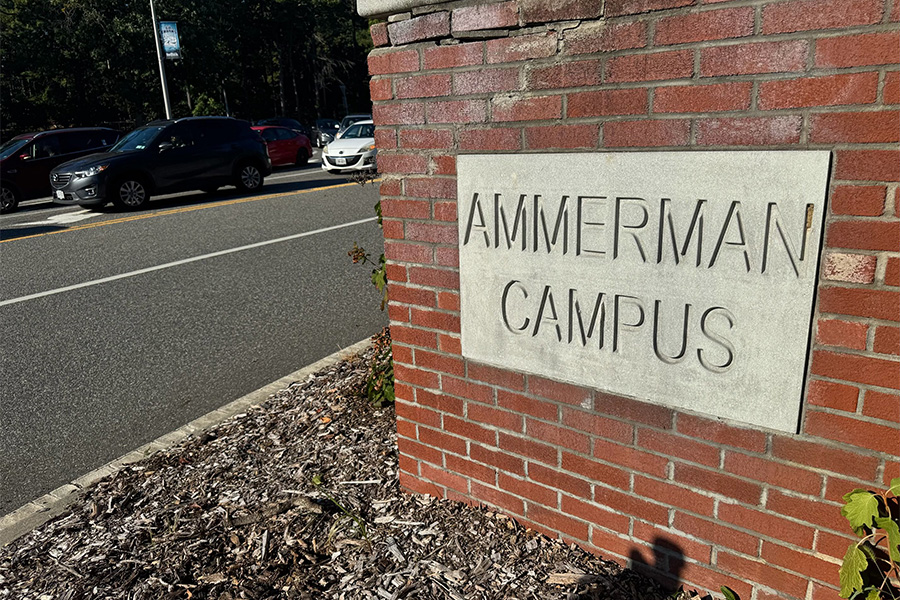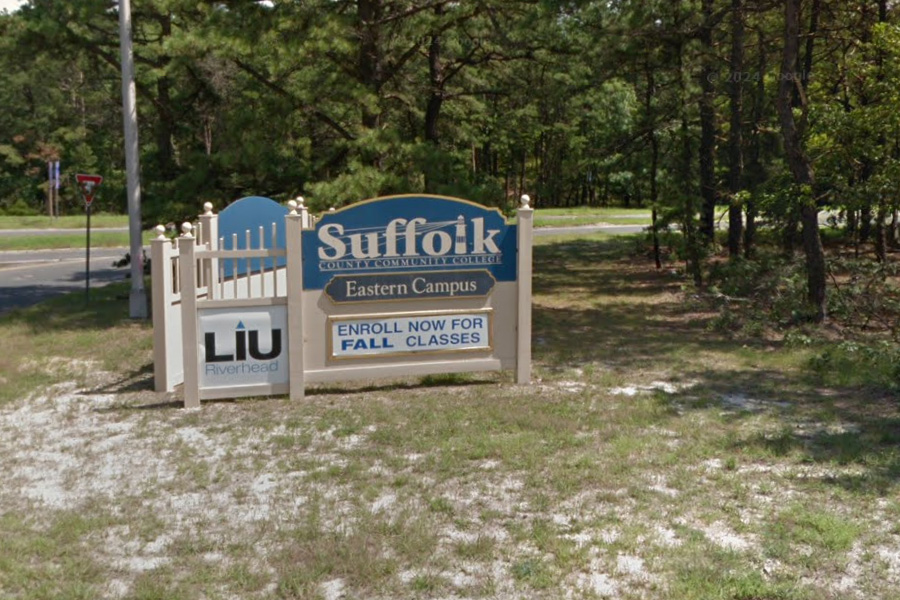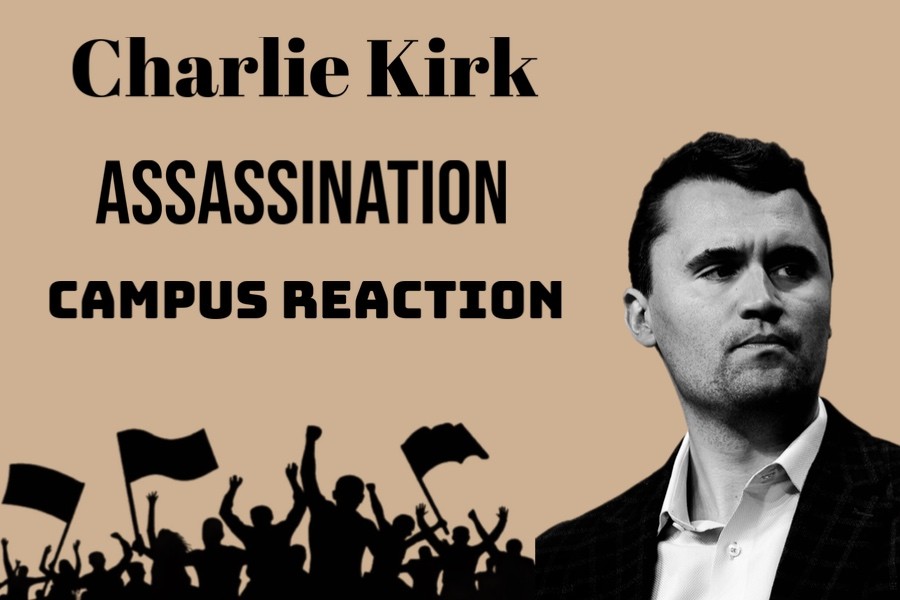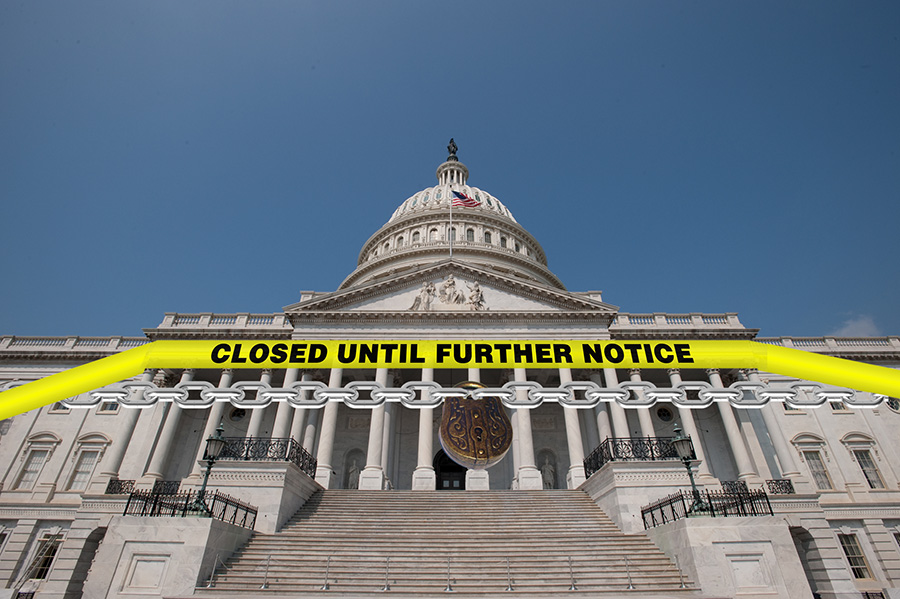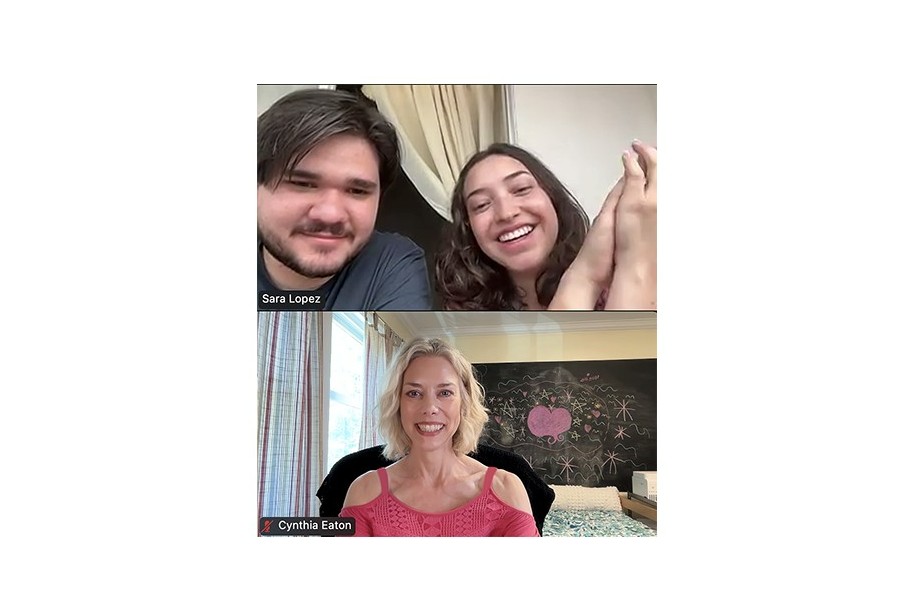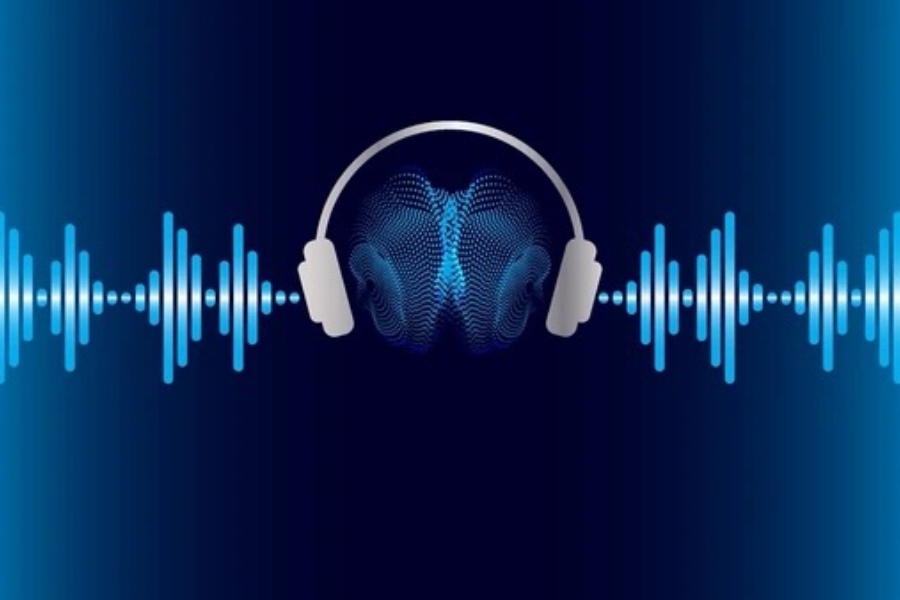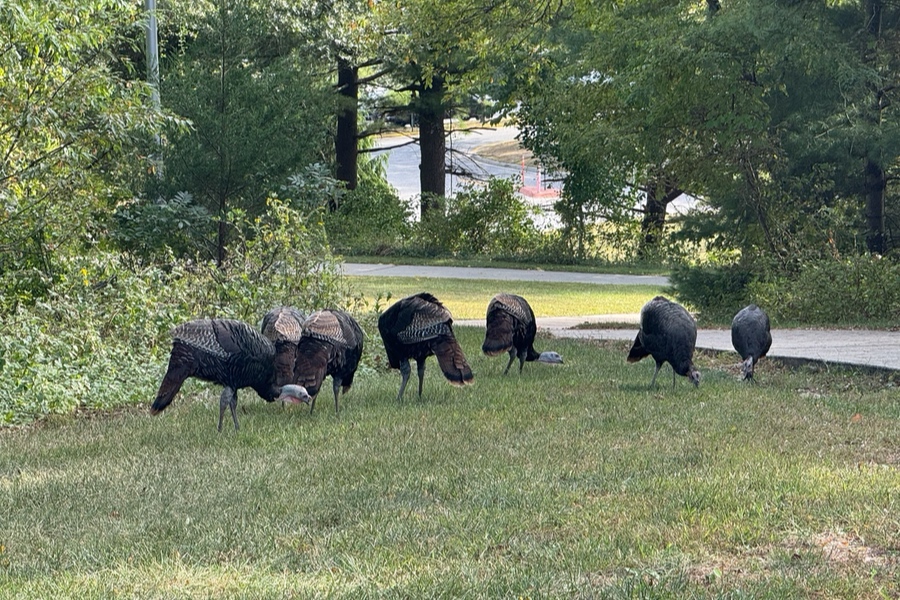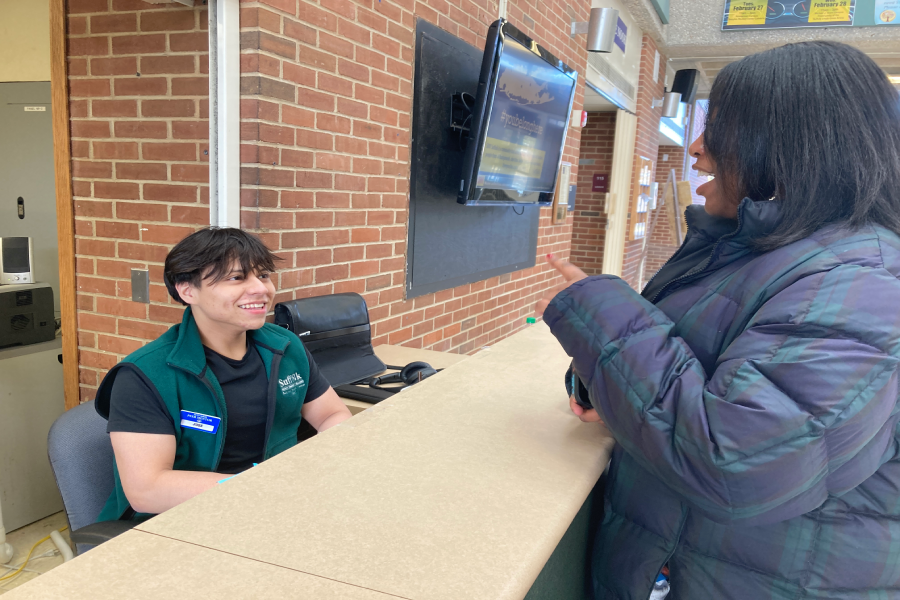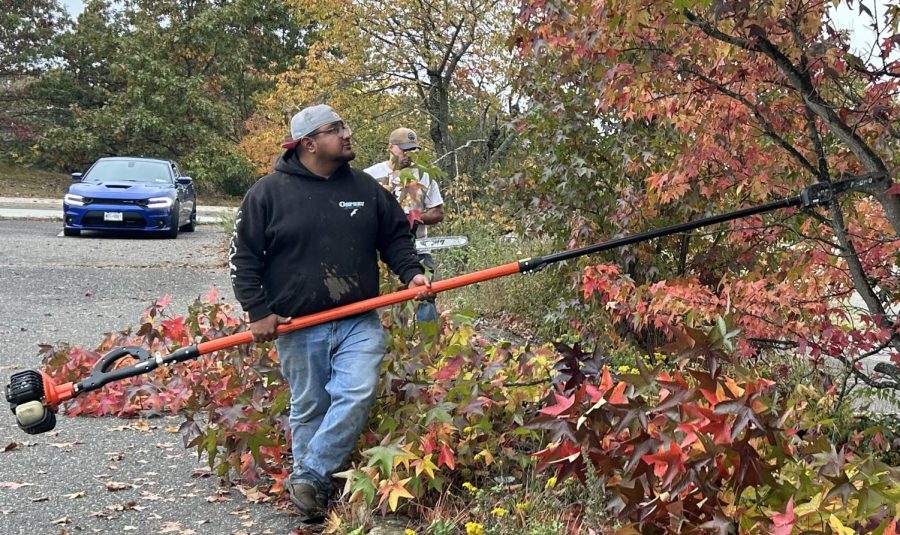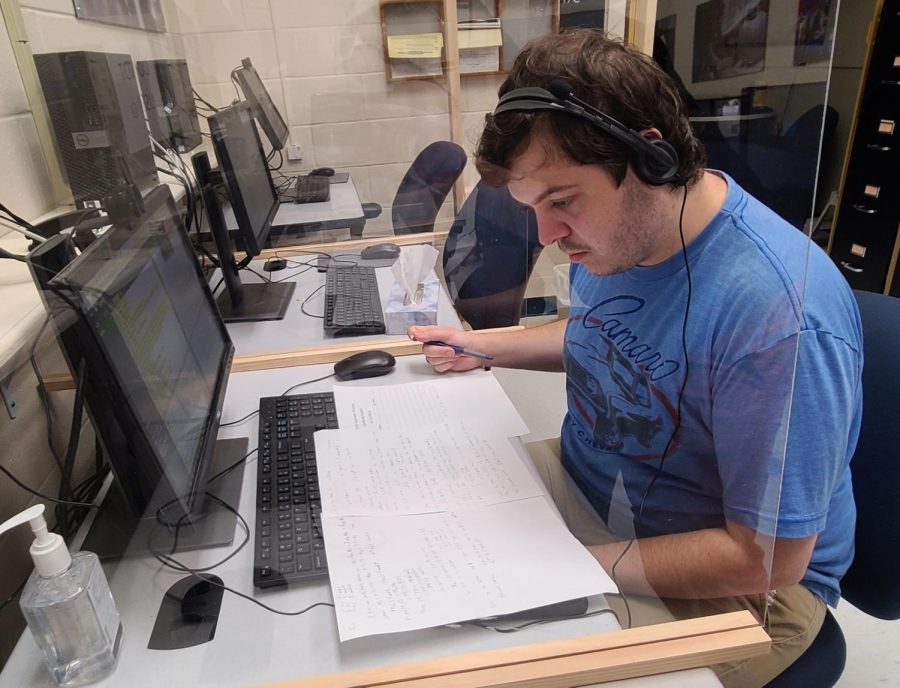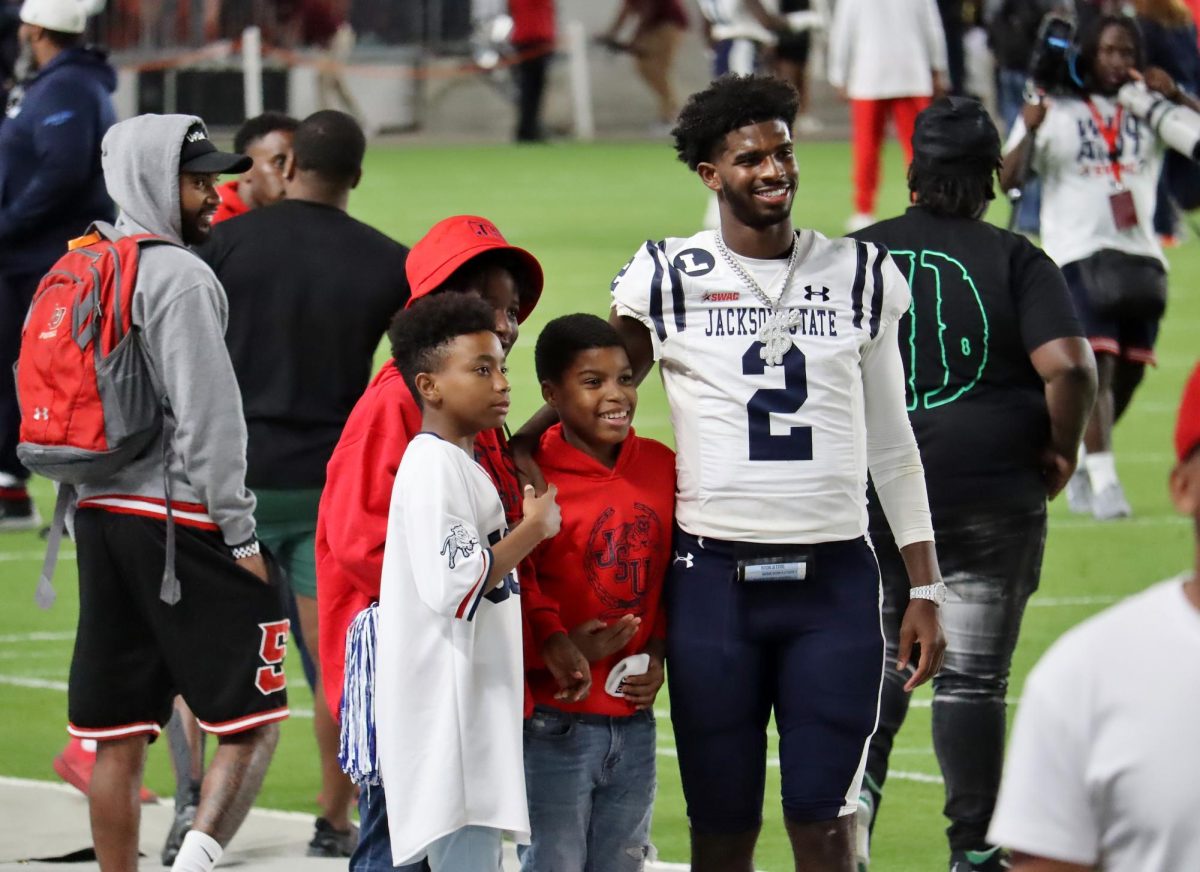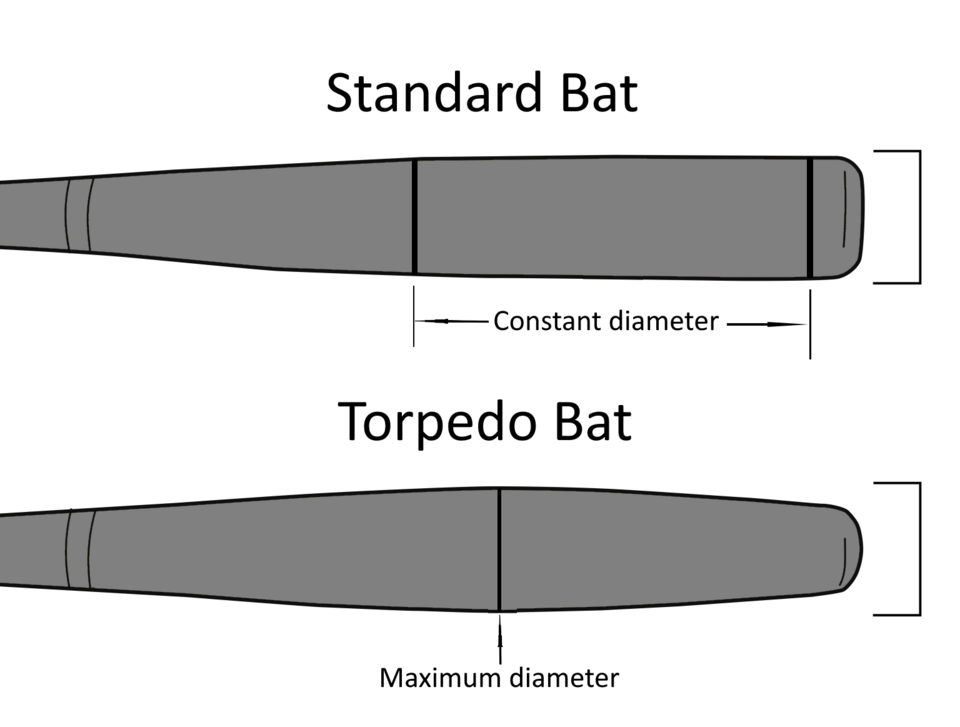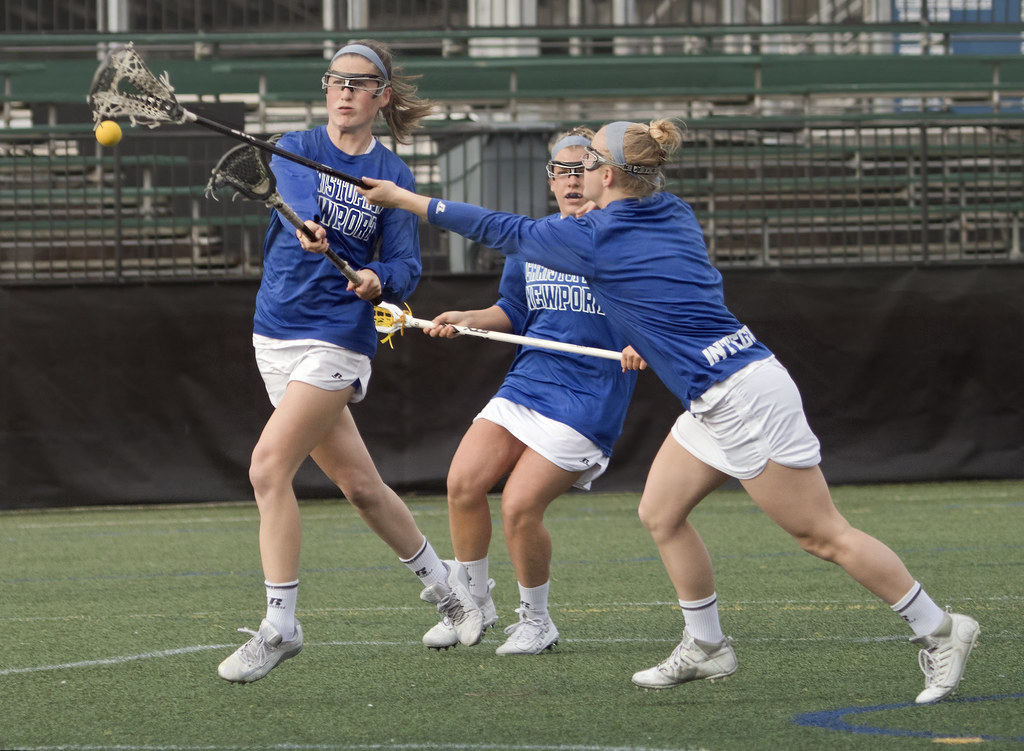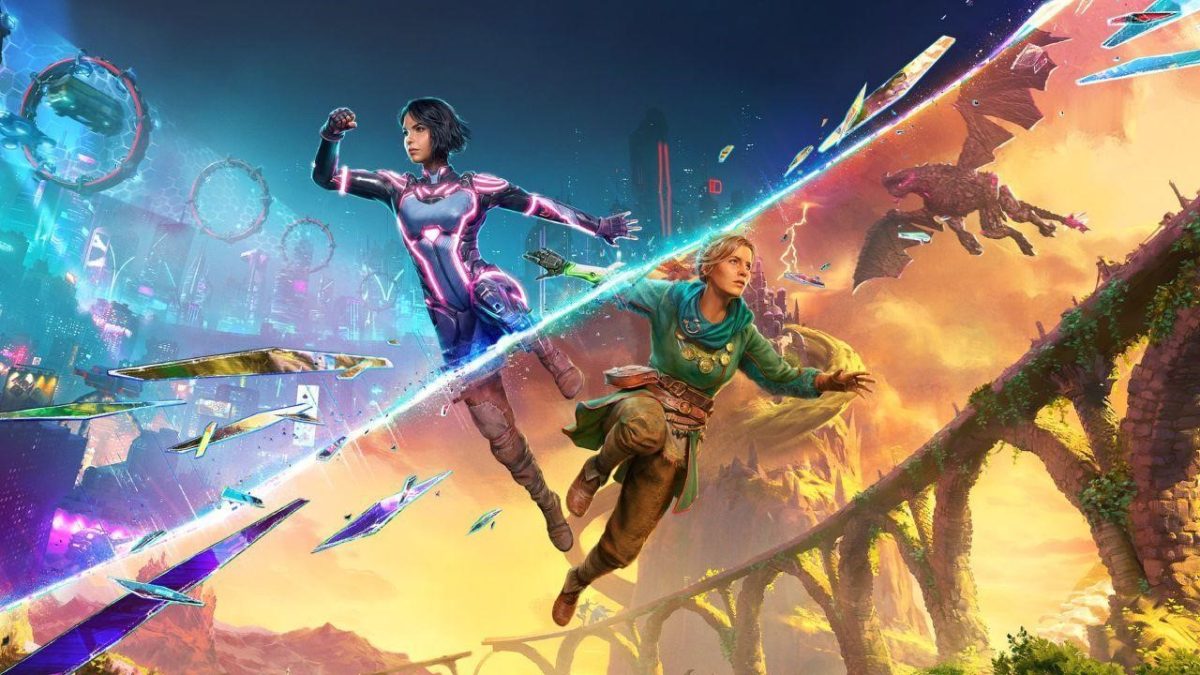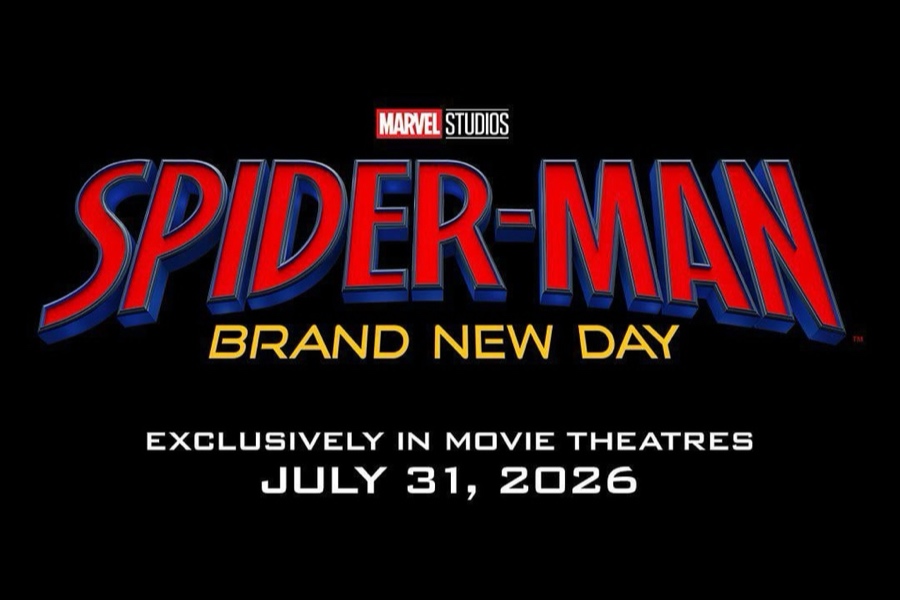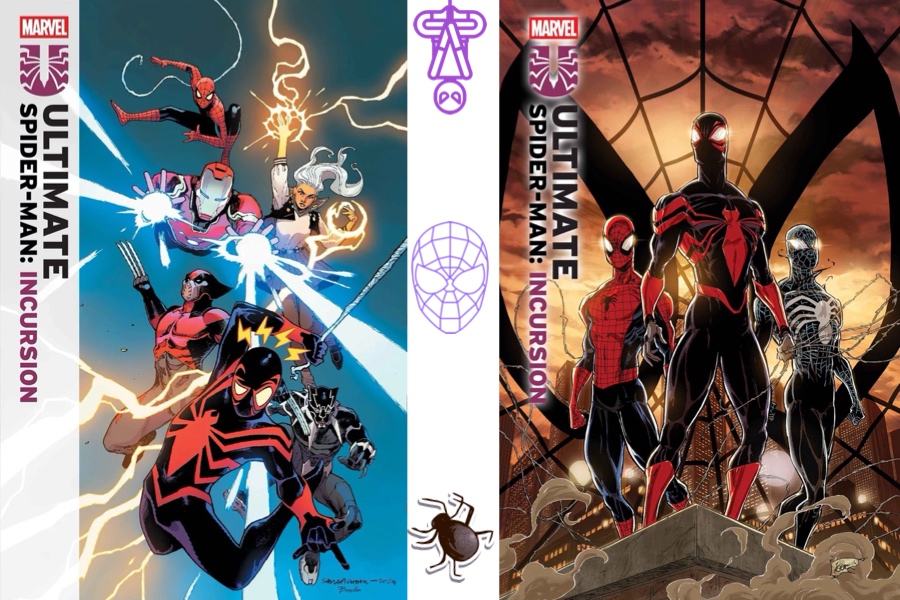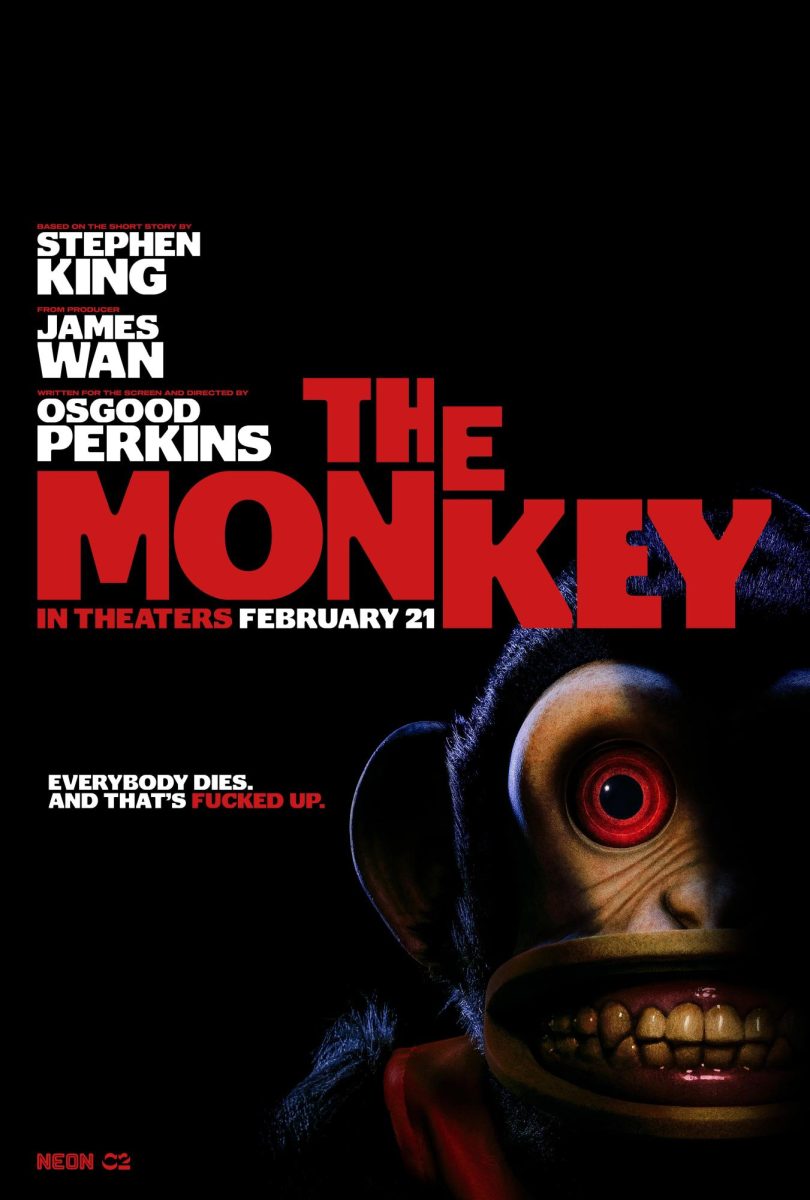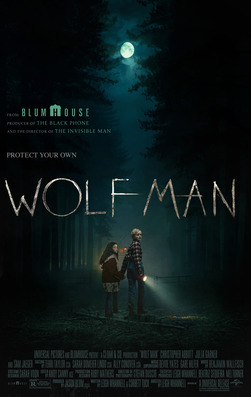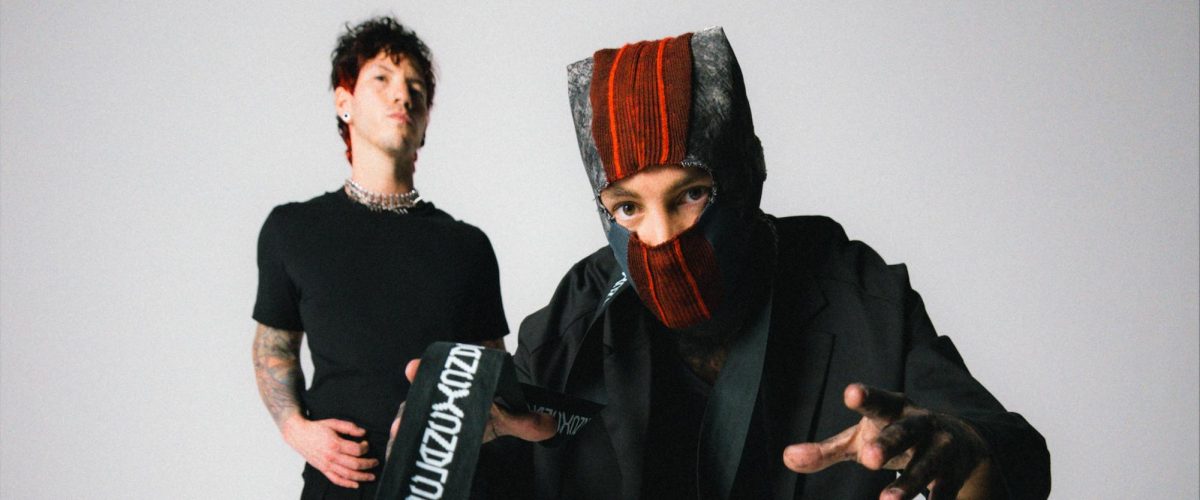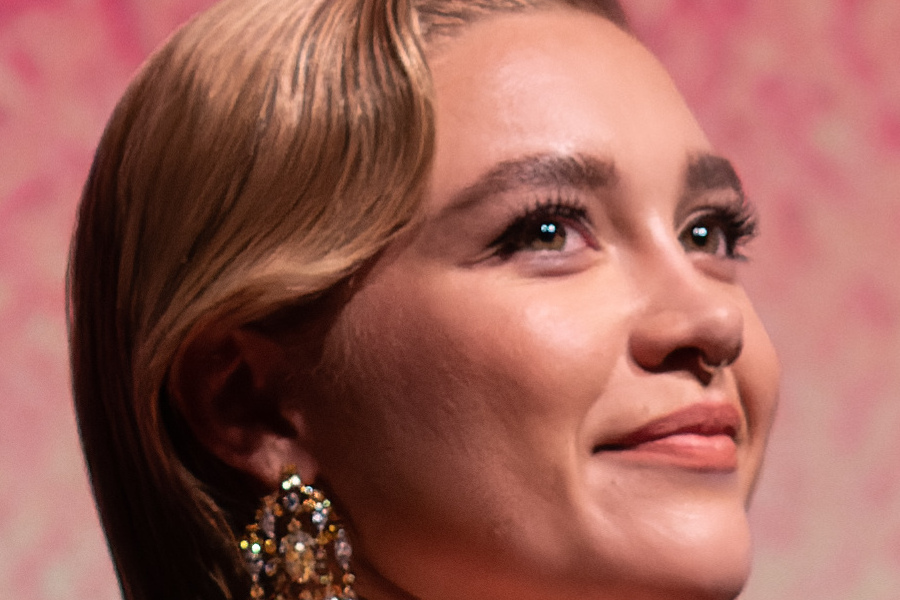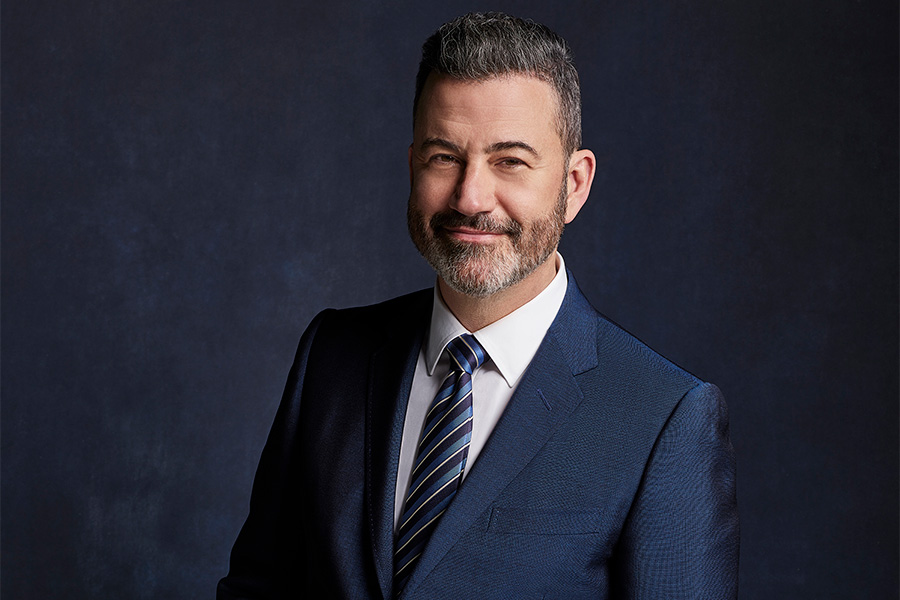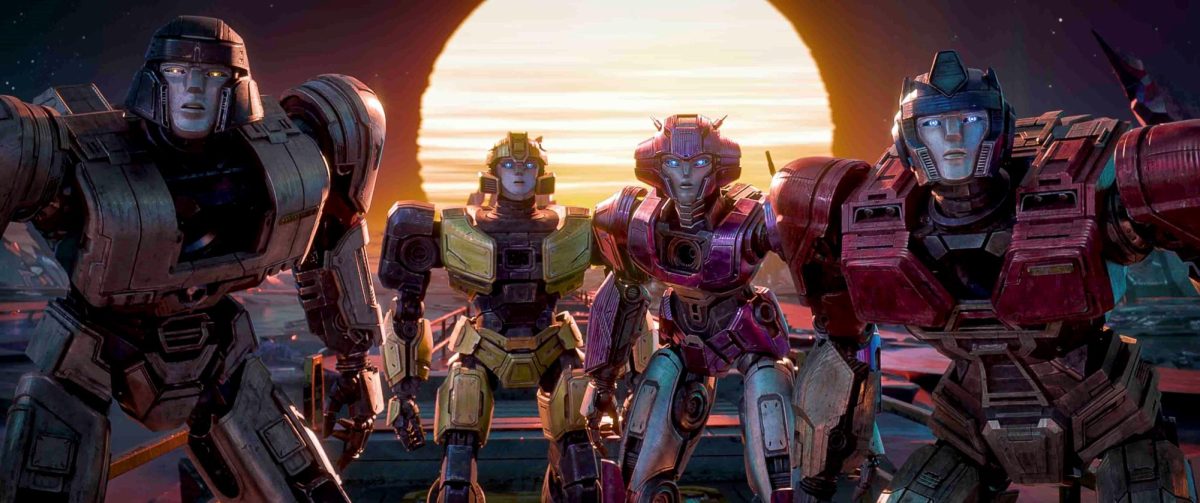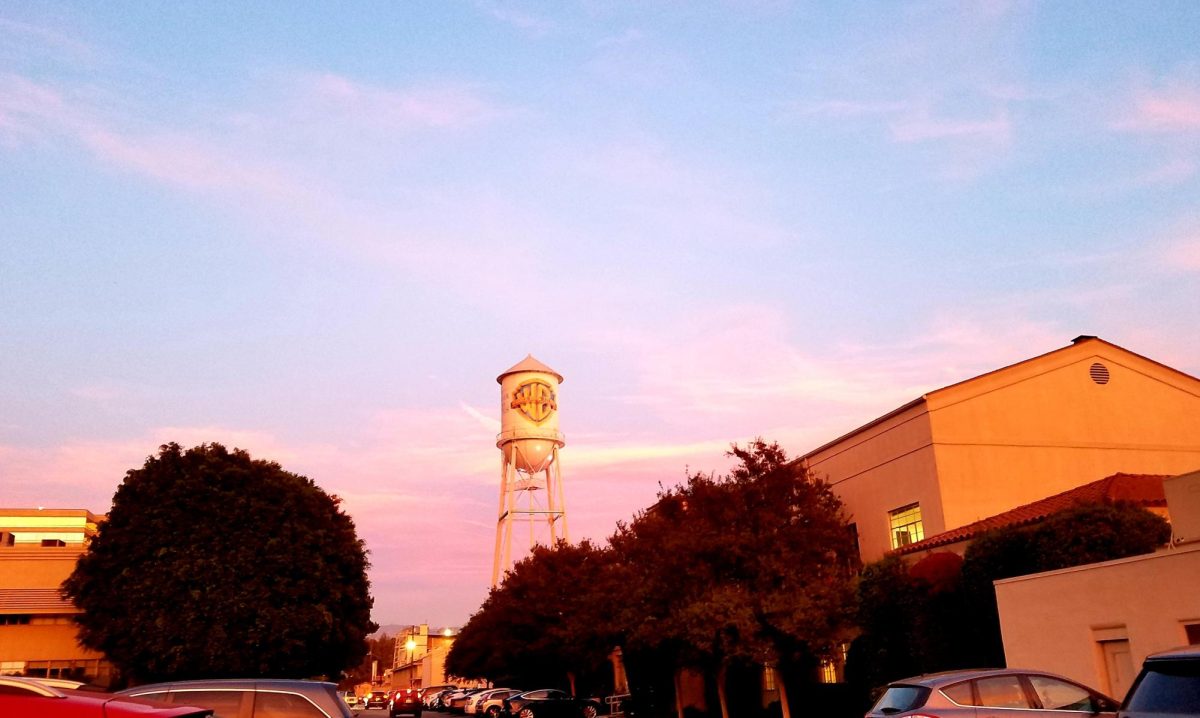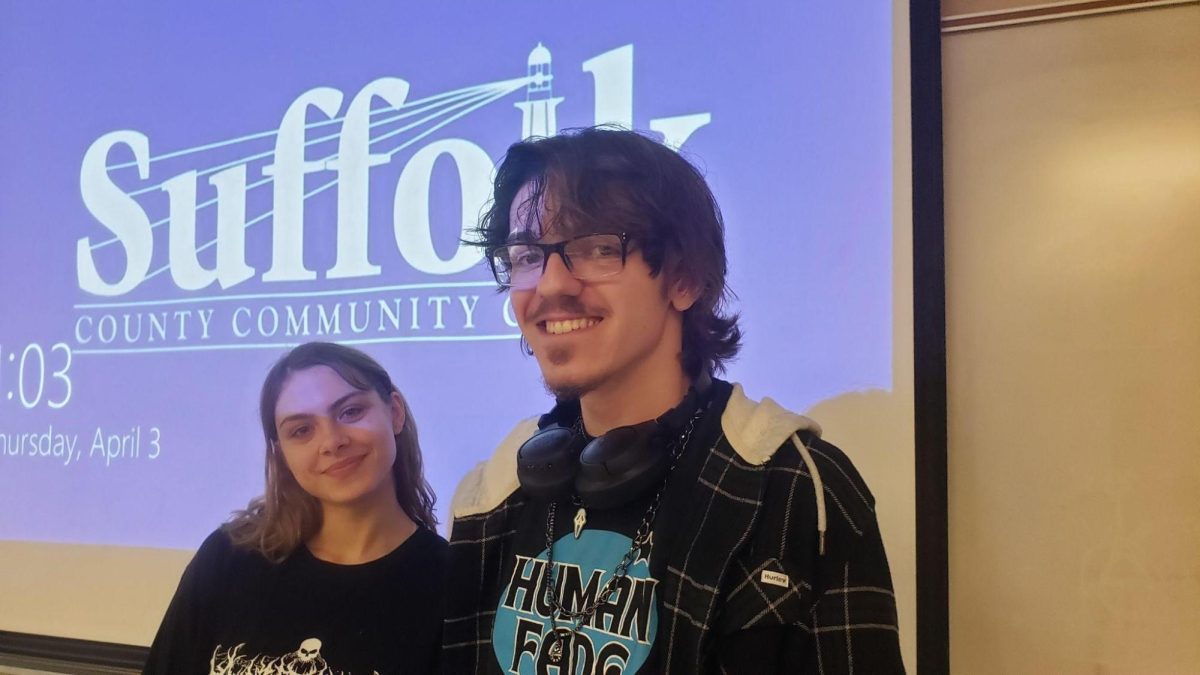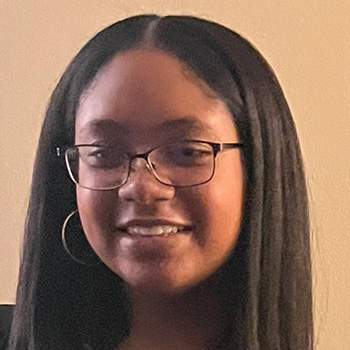After 148 days on strike, on Sept. 27 the Writers Guild of America had successfully reached an agreement with the Alliance of Motion Picture and Television Producers regarding new contract regulations. The new three-year Minimum Basic Agreement includes protections for writer’s creative rights, working conditions, salaries, and more. On Oct. 9, the MBA was successfully ratified and according to the WGA contract website, 99% of WGA members voted in favor of the agreement.
This strike came about because of the lack of fairness in the industry given to writers. What they get paid does not reflect the effort or work that they put into their respective projects. This strike served to send a message that writers are a crucial part of the creative process and at the least, they should be treated and compensated fairly.
Streaming was a crucial issue in this year’s negotiations. Writers have been dealt a bad hand in terms of how they get paid in the world of streaming. The compensation for their work is done through residuals, so before these negotiations, if their work gained great popularity and viewership within that streaming service, they would not see any additional compensation to reflect that degree of success. In the new MBA they negotiated a deal that would resolve that issue.
The 2023 MBA states, “HBSVOD series and movies that are viewed by 20% or more of the service’s domestic subscribers in the first 90 days of release, or the first 90 days of any subsequent exhibition year, get a bonus equal to 50% of the fixed domestic and foreign residual.”
Companies are taking advantage of paying writers less to cut corners. That is what concerns writers about the emerging issue of Artificial Intelligence. Companies have already shown their tendencies to not compensate writers fairly, so it is not that far of a stretch to assume that they could be thinking of using AI as a tool to speed up the creative process and use it in place of a writer that they would have to pay.
Over time, writers have begun to be valued less in the creative process, according to the WGA contract website, “Media weekly writer-producer pay has declined 4% over the last decade. Adjusting for inflation, the decline is 23%.”
The possibility of AI becoming a part of the writing process puts a scary image into the heads of writers of what their profession may succumb to. AI systems like Google’s Bard and OpenAI’s GPT-4 have been a topic of discussion in all sectors of the internet about how the existence of these tools holds the possibility to put some professions in danger. These tools exist to help and make tasks more efficient, but for some, the inherent lack of humanity throughout that process can be seen as deceptive.
WGA’s stance on the issue is that they are against the use of AI creating source material, but okay with the use of AI-generated material under certain regulations such as the writers themselves deciding if they would like to use AI. Also, if the company wishes to give the writer AI-generated material, they must disclose the fact that the work is AI-generated.
The possibility of a writer’s work being used to train AI is a significant concern and in an interview with The Hollywood Reporter, WGA leader Chris Keyser touches on how the guild will protect their writer’s rights.
“In other words, instead of trying to negotiate beforehand [in] a world we don’t understand, we retained every single right we have to negotiate for writers, and writers retain every single right they have both under the law and the MBA to protect themselves in circumstances of the companies using our material to train.”
AMPTP had outright rejected most of WGA’s initial proposals made on May 1. 2023, before the strike started just the next day. However, 148 days later, we see AMPTP backpedal and come to a compromise with WGA after weeks of protests. Writers have made their voices heard and now have gained the rights they deserve.
These significant wins for WGA have been monumental but the fight is still not over. The Screen Actors Guild-American Federation of Television and Radio Artists are still fighting for their rights. SAG-AFTRA announced their strike on July 14. 2023, and has been still going ever since. WGA stands in union solidarity with SAG-AFTRA and urges people to support SAG-AFTRA’s efforts in their negotiations for a better contract. The two unions simultaneously going on strike helped strengthen their efforts and now that WGA has succeeded, it is important to not lose this momentum and continue to support SAG-AFTRA’s efforts.
